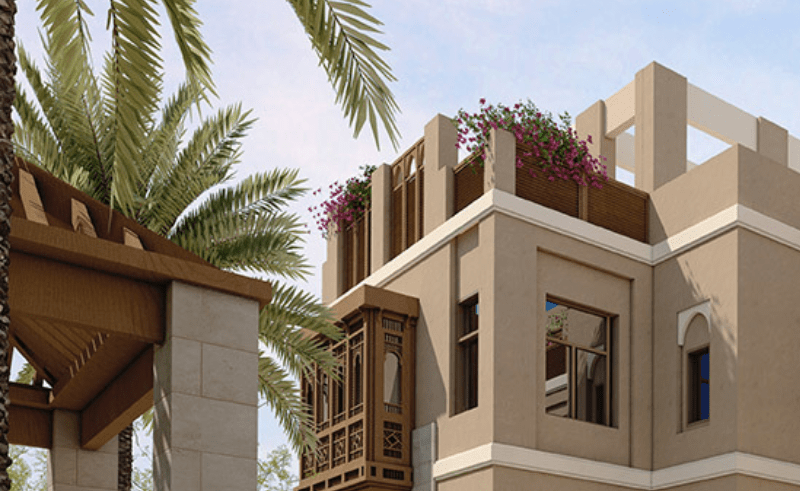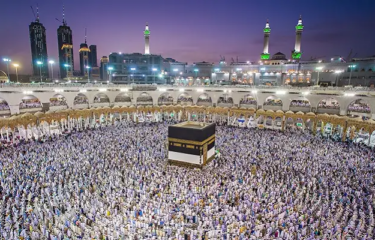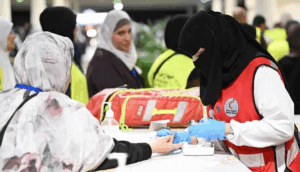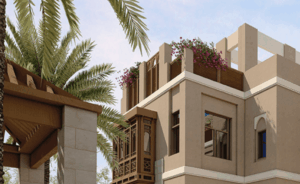It’s not always easy to take that first step toward homeownership. But for young Saudis, that step just got a little closer. The government has officially lowered the minimum age for housing support in Saudi Arabia from 25 to 20 years. It’s more than just a number. For many, this policy shift changes the timing of their future.
The new regulation, approved by the Council of Ministers in May 2025, is part of a broader reform aimed at expanding access to housing and improving homeownership rates across the Kingdom. The change is expected to benefit thousands of young people who are ready to live independently, build stability, or start a family, but previously had to wait.
Why the Age Change Matters
A five-year difference might not seem like much on paper. But in real life, it affects decisions about where to live, when to get married, and how to plan financially. With the age threshold now set at 20, more Saudis can tap into government support earlier, right when many are finishing university or entering the workforce.
This move directly supports Vision 2030’s housing goals. By encouraging younger citizens to buy or build homes, the government aims to raise the national homeownership rate to 70 percent. The minimum age for housing support in Saudi Arabia is now more aligned with real-world needs.
What Support Looks Like
Support doesn’t just mean a house. Through the Sakani program, eligible applicants can receive financial grants, typically SAR100,000 or SAR150,000, along with subsidized financing options and access to digital tools that help match people with the right property.
The Ministry of Municipal and Rural Affairs and Housing, together with the Real Estate Development Fund, has already helped over 1.5 million citizens. With more than 40 digital services available, the process is smoother than it was a few years ago.
Lowering the minimum age means this entire system now extends to a younger group. They can explore housing offers, check their eligibility, and apply for loans or grants—all from their phones.
Not Just About Age
The new policy is part of a larger package. It also includes reforms that help divorced women apply for support without needing to prove financial dependence. It reduces the waiting period for some categories and cuts the property holding requirement from ten years to five.
These updates reflect a shift in how the government approaches social support. It’s more adaptive now, acknowledging that people’s needs change. The system is adjusting to support those realities, instead of forcing people to wait.
Accountability has also been tightened. There are now penalties in place for submitting false information or misusing benefits. If someone gets a housing unit or a cash grant through misleading claims, the government can reclaim it.
What This Means for the Housing Market
Demand is likely to grow. Younger Saudis are already entering the market in higher numbers, especially in urban centers. Apartment prices have risen over 30 percent in the past year, and there’s more interest in smaller, more affordable units. The updated housing support age in Saudi fits this trend.
More buyers also means more pressure on developers to meet needs, especially when it comes to starter homes. The reforms could prompt new construction that’s tailored to a younger, first-time-buyer audience.
There’s also an economic angle. Homeownership builds equity. It encourages spending on furnishing, maintenance, and local services. When more people can buy homes, it often boosts economic confidence, especially in secondary cities and suburbs.
Digital Tools That Help
Part of what makes this reform so accessible is how digitized the Sakani program has become. There’s an entire platform that lets users calculate support, browse home options, and even get design ideas. The Real Estate Advisor feature helps tailor results to your budget, preferences, and timeline.
If you’re between 20 and 24 and now newly eligible, you don’t need to wait for in-person paperwork. Most steps can be done online. That’s key for the younger population, who are already used to managing tasks digitally.
How to Apply for Housing Support in Saudi Arabia
Once the new age regulation is fully implemented, the steps will remain largely the same:
- Register through the Sakani platform (or app).
- Fill in personal and income details.
- Browse financing and housing options.
- Use digital advisors to select the right path.
- Submit any additional documentation as required.
Citizens can check real-time eligibility and update their information easily. As the rollout completes, younger applicants will see a notification if they now qualify under the new criteria.
Looking at the Bigger Picture
The median age in Saudi Arabia is now 29. That means millions of people are either approaching or in their twenties, and thinking about the future. The revised minimum age for housing support in Saudi Arabia fits into that context. It acknowledges that housing decisions don’t begin at 25. They often start earlier.
By adjusting policies to meet younger needs, the government is signaling that it sees housing as more than infrastructure. It sees it as a foundation for economic mobility, family growth, and long-term stability.
What Citizens Are Saying
Feedback from beneficiaries has been mostly positive. A recent survey noted that over 90 percent of participants in the Sakani program reported satisfaction with the process. With the inclusion of younger applicants, expectations are that participation will increase and potentially spark further innovation in how services are delivered.
Some also believe the reforms will help reduce pressure on rental markets. As more people qualify to buy, fewer will need long-term leases. That can shift pricing and availability for those still choosing to rent.
Preparing for What’s Next
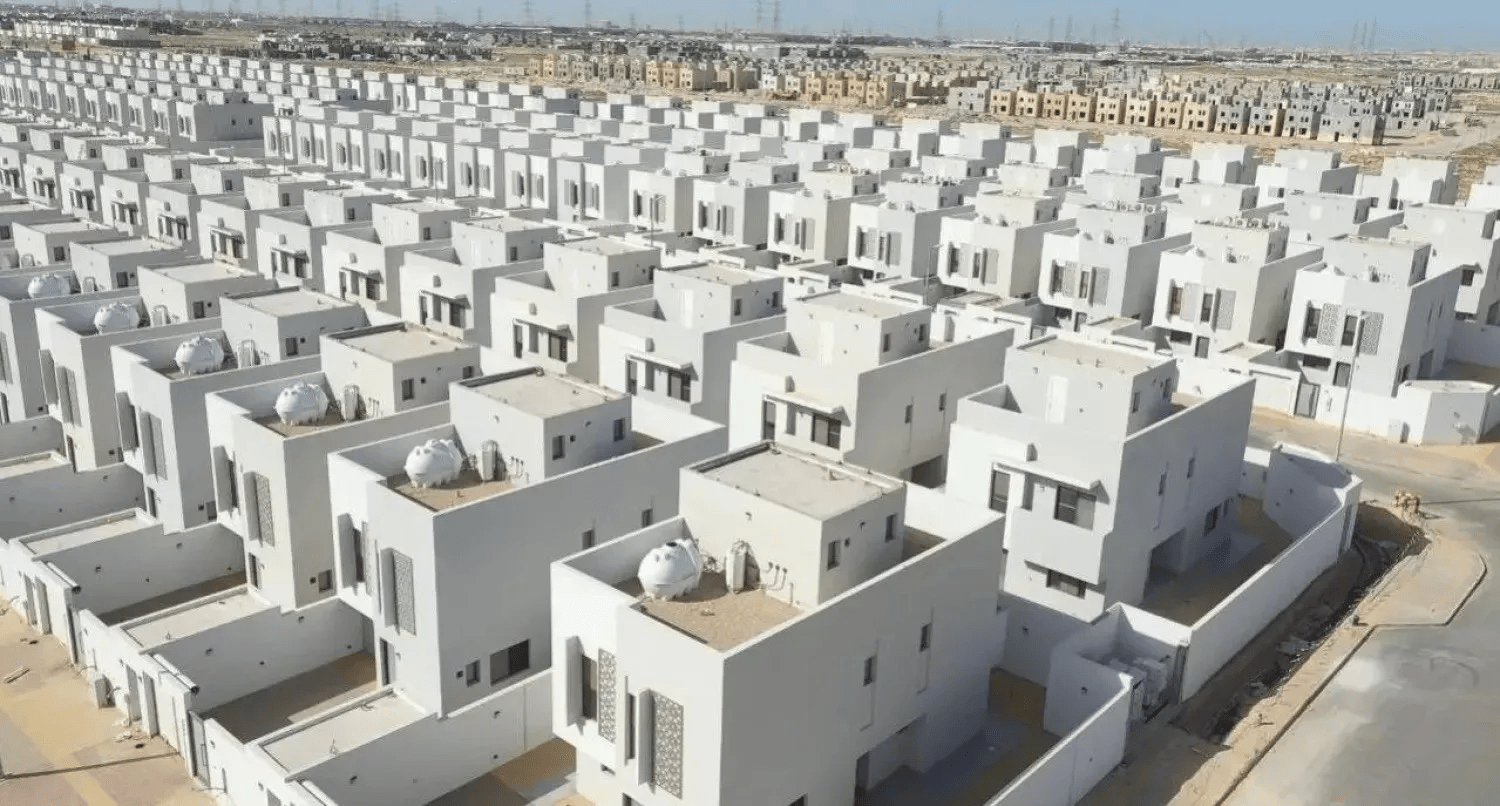
While the new age threshold is now official, some parts of the system will take time to adjust. Regulatory processes, platform updates, and beneficiary communications are being finalized. The Ministry has stated that applications under the new criteria will open soon, and announcements will be made across official channels.
If you’re newly eligible, this is a good time to explore your options. You can use the Sakani platform to familiarize yourself with what’s available and prepare any documents you might need. The demand is expected to be high once the gates open.
A Bright Future for the Saudi Youth
The change in the minimum age for housing support in Saudi Arabia is more than a technical update. It reflects a shift in thinking about what people need and when they need it. For young citizens ready to take the next step, this reform brings that goal closer. It creates space to move forward.
And in the broader picture, it shows that policies can evolve with the people they serve.
FAQs
What is the new minimum age for housing support in Saudi Arabia?
The new minimum age for housing support in Saudi Arabia is 20 years, down from the previous requirement of 25. This change allows more young Saudis to access financial housing aid through the Sakani program.
Who qualifies for the Sakani housing program in 2025?
Eligibility includes Saudi citizens aged 20 and above, divorced women (with adjusted dependency rules), and applicants meeting income and residency criteria. Other conditions may apply based on the latest updates.
How do I apply for housing support in Saudi Arabia under the new rules?
You can apply via the Sakani app or website by creating an account, submitting personal information, checking eligibility, and choosing from the available support options.
What financial support is offered under the Saudi housing scheme?
Qualified applicants may receive grants of SAR100,000 or SAR150,000, along with subsidized financing, advisory services, and access to housing options tailored to their budget.
Why did Saudi Arabia lower the housing support age to 20?
The decision supports Vision 2030 goals by encouraging earlier homeownership, increasing youth independence, and boosting homeownership rates to 70 percent nationwide.
Follow us on Instagram for daily travel inspiration and untold stories from the Kingdom. Want more? Explore more experiences and stories in our Lifestyle and Wellness category.
This article is brought to you by Soul of Saudi — a Saudi travel blog dedicated to uncovering the heart and soul of the Kingdom.

